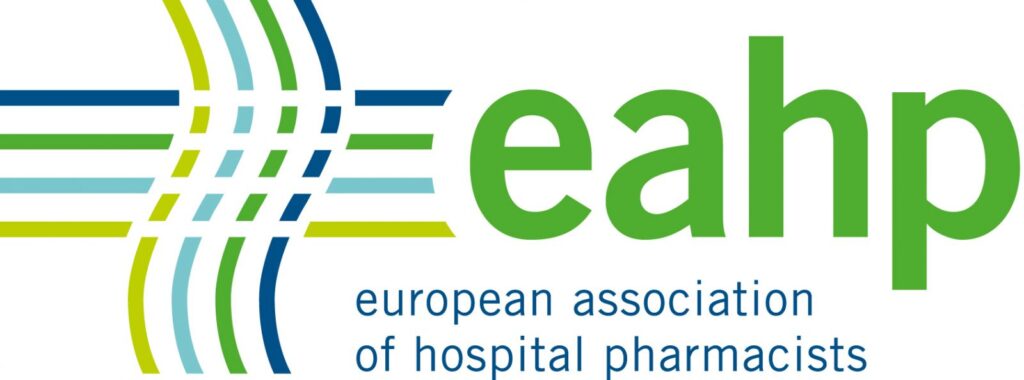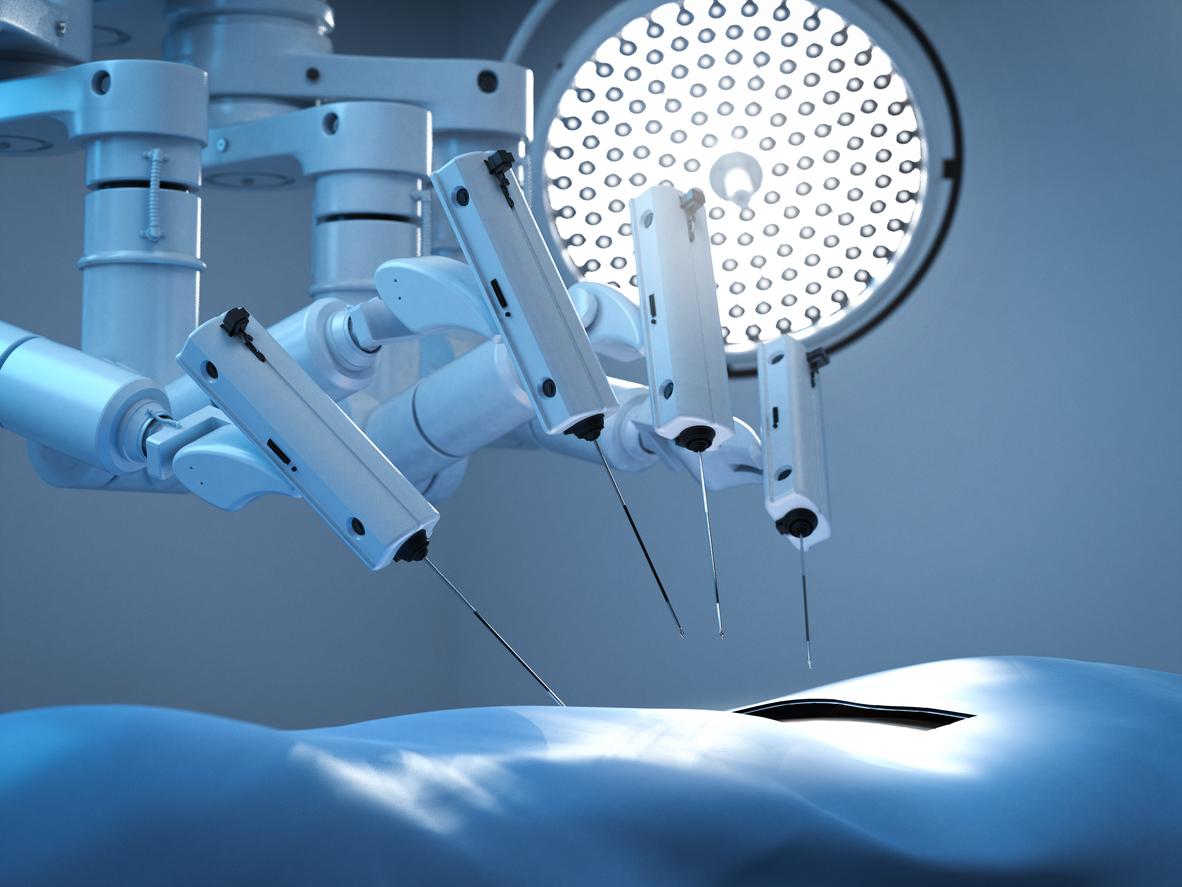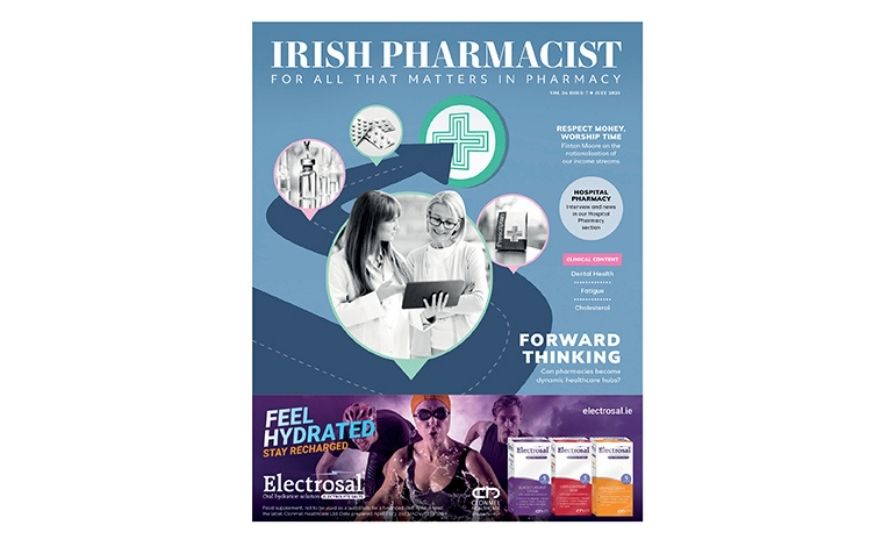Rise of the machines

This year’s 25th Congress of the European Association of Hospital Pharmacists (EAHP) heard a range of presentations by specialists in their fields on a range of topics, including artificial intelligence (AI), pharmacist prescribing, health literacy and antimicrobial resistance, among a number of other areas. The virtual event was attended by more than 2,200 participants from more than 60 countries over six days who had the opportunity to view a range of poster presentations and attend synergy satellite events.
One of the keynote presentations was delivered by Prof Dr Frank Rademakers, Professor Emeritus at the Catholic University in Leuven, Belgium, who spoke on the topic ‘Artificial Intelligence: To Boldly Go Where No-One Has Gone Before’. Prof Rademakers provided an overview of the potentials and possible pitfalls and limitations of AI and told the congress: “AI and machine learning are novel techniques that can detect patterns in data which typical biostatistics cannot identify,” he said. “But they always rely on underlying data, so they are complementary to data mining and statistics… 80 per cent of the effort in AI is getting the right data and data-cleaning.”
Prof Rademakers provided an overview of the different learning techniques in AI and the nature of neural networks and how they operate. He described how we are “drowning in data but starving for knowledge, so we need the help of algorithms to analyse the vast amount of input data, and AI can provide that,” he said. “In fact, it can possibly do a better job… so possibly, we can be replaced by AI machines, which is why many see both opportunities and threats in the widespread use of AI.”
He told the attendees: “In the healthcare system of the future, we need to implement three important aspects,” he said. “First of all, there is precision medicine — the optimal use of patient characteristics, including the genetic background, to provide individualised advice for diagnosis and treatment. Second is the learning health system, which uses not only randomised clinical trial information, but also data from all patients on a continuous basis to improve the reasoning behind the system. The learning health system will generate the transfer of knowledge from every patient interaction, not just from the ones in trials, to create greater performance and predictability in the entire system.
“And last but not least, we need to implement all of this,” said Prof Rademakers. “Good science and advice are useless unless we put them into practice, making them actionable. AI can help in all of these areas and the question is not whether AI will replace healthcare workers, but hopefully it will make space for healthcare workers to do what they are best at and leave repetitive and data-heavy tasks to the AI machines. However, this will require easier interactions than we have today with our computers and devices — typing is a poor way to interact, we should be able to talk to our AI-enabled devices in the future.”
Possible pitfalls include antagonism between AI and a learning health system because if too many of the decisions are automated, care providers and patients “will need to become more intelligent,” he said.
“There is also potential conflict between precision medicine and preventative medicine. We need to shift from treating disease to preventing disease and increasing health. If we provide answers to all our problems via precision medicine, people may feel less responsible to behave in a preventive way. There is also the risk of medicalisation of normal, healthy behaviour, and we should avoid that.”
Prof Rademakers outlined the areas of the pharmacy where AI will have an impact, including in decision support systems in drug dosing and delivery, as well as AI-powered robotics, natural language processing and ‘chat-bots’. “Just imagine if you had an AI programme that could identify strange prescriptions,” he told the congress. “… If it could learn from all prescriptions, all reactions of pharmacists and clinicians or errors that occur in first reactions… This type of AI programme could result in less false-positive and false-negative alerts; it could not only prevent dosing errors, it could also predict and therefore prevent adverse drug effects.”







